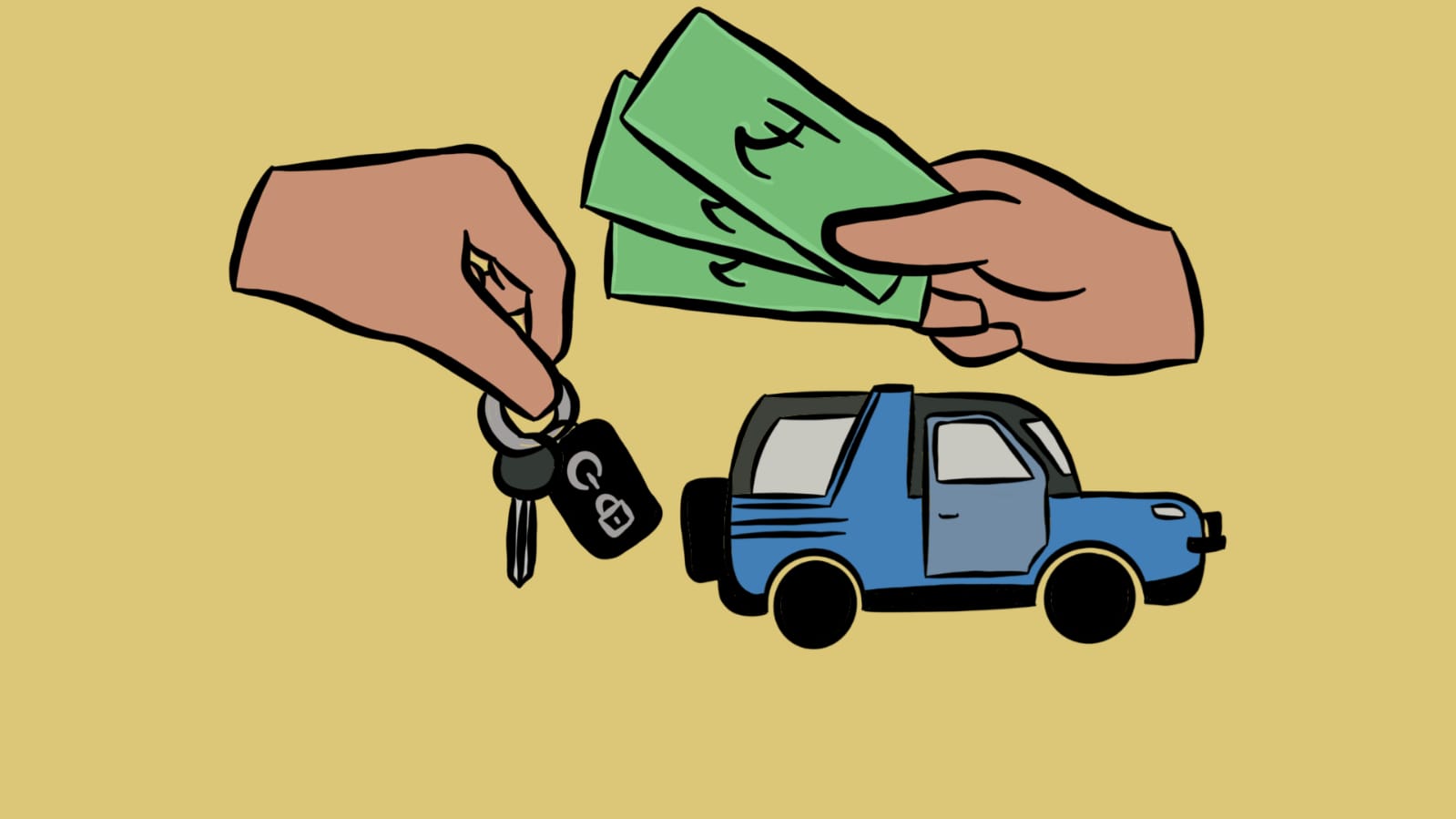
Getting a job, starting a family, buying a house and buying a car are the four most important and basic checkboxes on many adults’ to-do list. Buying a car, for some people, is for the sake of their social status, but for some people, it is a necessity. In a public transport-deficient country like ours, most people need a car to go to and fro, for work instead of waiting for autos and cabs.
People might think it's okay to stretch their car budget so that they can fit in a car they really like, but that might not be the smartest move for you. Here are a few tips and tricks you can use to find out how much you should spend on a car without draining all your assets:
- Keep in mind the Thumb Rules:
i) The 20/4/10 Rule - If you plan on taking a car loan, this rule is a must-follow. It says that the down payment should be at least 20% of the car price. Do not finance your car for more than 4 years. Keep your car expenses, including EMI and insurance, to 10% of your salary and do not let it exceed that.
ii) Do not spend more than half of your annual income on the car. Experts say that 35% of your annual household income is the most favourable number.
- Say yes to the old: If budget is an issue like it is for most people and you are hell-bent on buying that one specific car which is going beyond your budget, then consider buying a used car of the same model. This might not seem like your go-to option, but it is very helpful. Used cars cost about 30-40% less than the market price, depending on their age and usage. If you plan on buying a used car, make sure to properly check its condition before buying it. A junk model that breaks often might just end up with you paying more for its maintenance. Avoid buying cars that are older than 5-6 years.
- Track your savings: A car is a huge expense. To make sure you don't drain yourself out financially, keep your savings steady. Your savings should always be more than your car EMIs; this should be about 10-15% of your income. This tip will make sure you maintain your financial stability. If you are not in a situation to follow this rule, then it is strongly recommended to wait for a while for your financial situation to improve.
Another important point to remember is that cars are depreciating assets. New models are coming out on an almost daily basis. As soon as you drive your car out of the showroom, its price falls by over 15%. Over a period of 5 years, the value of your car falls to almost half of its original value.
It might be difficult sometimes to find the perfect car that doesn't break your monthly budget but also meets all of your expectations. Make a decision only after completely reviewing your budget and making sure that you can pay for the additional expenses such as insurance, petrol and maintenance that come hand in hand with purchasing a car. Do not get influenced by people around you and by the salesperson at the showroom to make tweaks in your budget. Spend only what is necessary and keep your bank statements happy. This will help you prudently purchase a new car.
